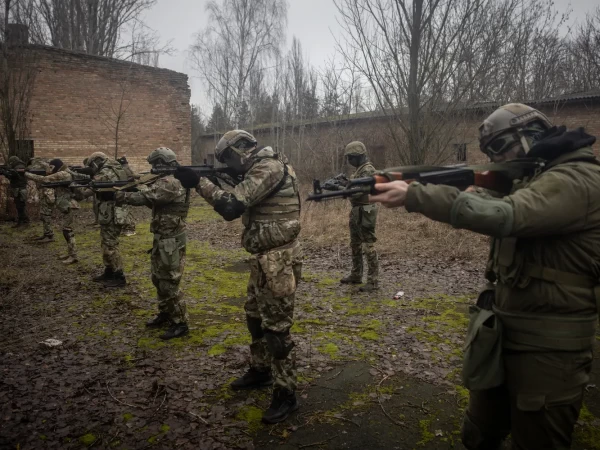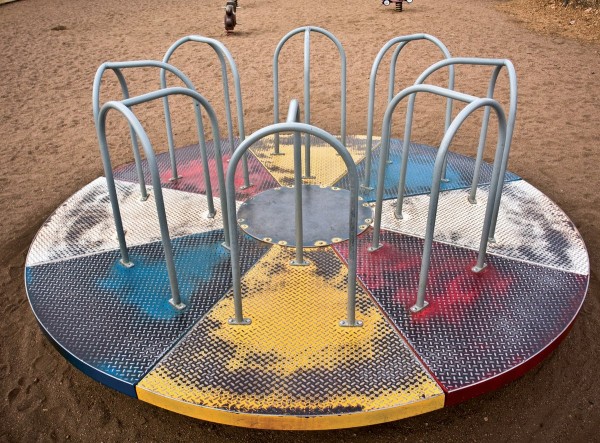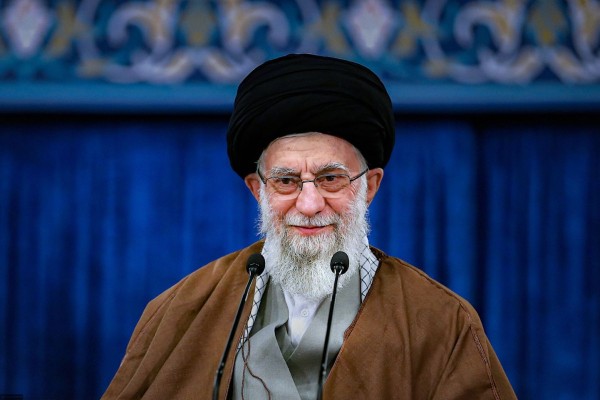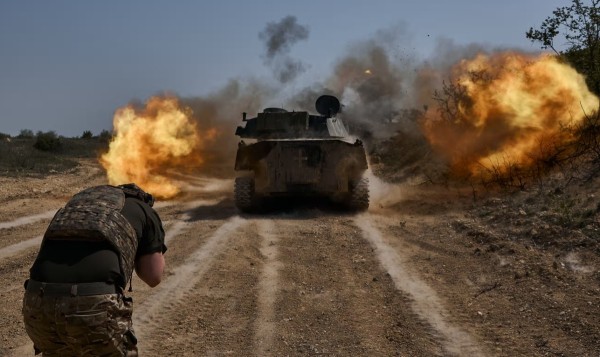The Levada Centre has just released the results of its most recent poll in Russia, which revealed that for 39% of the respondents democracy means economic good times. Freedom of speech was the essence of democracy for 38% of respondents and only 13% equated the term with the democratic election of governmental authority. Concurrently, 37% believed that democracy also contains order and stability.
The poll asked what type of democracy does Russia need? Not surprisingly 14% recommended the type of “democracy” that flourished during the Soviet period. That Russia’s unique characteristics and traditions should be a basis for the country’s democratic system was offered by fully 43% of those asked. In other words, Russia’s democracy should be homegrown. Only 23% thought that aspects of western democracy should be adopted.
The research also revealed that a full 42% of respondents believe that more than anything else the most noticeable development is that Russia is involved in establishing order in the country.
Only 9% perceived the developing of a democratic country while 11% saw the country moving toward authoritarianism. Approximately 57% of Russians consider democracy to be a necessity while at the same time 23% do not see the feasibility of establishing democracy in the country.
Fully 43% think civil order is dependent on democracy and, vice versa, that without civil order democracy couldn’t exist. Related to this, 59% would place civil order as vitally important, even if it means the curbing of individual rights. Only 18% favoured a democracy that honours all civil rights.
Unpredictably, the poll also showed that 48% support the strengthening of citizenship freedoms and civil society. The reinforcement of “vertical power” was favoured by 31% of respondents.
The spectrum of seemingly contradictory positions on the possibility and viability of democracy in Russia is a reflection of the formative periods of history people there have endured. Russians have never experienced the flourishing of true democratic institutions. Observers say power still resides within a closed group of privileged political intimates. It is not uncommon to hear a Russian, who is personally repelled with revulsion by the history of the country’s brutal totalitarianism, say: “Only the iron grip of a strong leader can run this country.”
***
The Levada Analytical Center is a Russian non-governmental polling and research group, established by academics in 1987, specializing in measuring public opinion. It keeps partnerships with various similar organizations in the west and has clients that range from the New York Times to The Economist.

“Democracy” in Russia has more than one meaning (12)
Viimased kommentaarid
Kommentaarid on kirjutatud EWR lugejate poolt. Nende sisu ei pruugi ühtida EWR toimetuse seisukohtadega.
EE is a great website/portal for the community!
For instance, many of us living in Joekaaru, who do not speak the language (and thus never attend meetings), and even for those who do, would never have learned of the knife being stabbed into our collective backs by its leaders there. Thank you EE! Carry on the good work.
For instance, many of us living in Joekaaru, who do not speak the language (and thus never attend meetings), and even for those who do, would never have learned of the knife being stabbed into our collective backs by its leaders there. Thank you EE! Carry on the good work.
Interesting piece but agree with Merilo's point about the by-line.
The situation regarding the newspaper needs to be reviewed. It's limping along as a welfare case within the community: not viable as a commercial entity and a drain on resources that could be used to provide much needed updgrades to materials in Estonian schools and elsewhere etc.
As for professionalism: how do you expect to attract anyone with talent to a paper that 1) cannot offer a decent salary 2) isn't read by anyone? Having said that, I think Pr. Puusaag has done a wonderful job with the limited tools she has to work with - archaic political views notwithstanding.
Let's not forget that all of the news published here is available on the many Estonian news sites as well as major western news sites. While this site seems to have become a dumping place for conspiracy theories and stamp-collection tid-bits, it does still feature some useful community based news republished from the paper edition.
The situation regarding the newspaper needs to be reviewed. It's limping along as a welfare case within the community: not viable as a commercial entity and a drain on resources that could be used to provide much needed updgrades to materials in Estonian schools and elsewhere etc.
As for professionalism: how do you expect to attract anyone with talent to a paper that 1) cannot offer a decent salary 2) isn't read by anyone? Having said that, I think Pr. Puusaag has done a wonderful job with the limited tools she has to work with - archaic political views notwithstanding.
Let's not forget that all of the news published here is available on the many Estonian news sites as well as major western news sites. While this site seems to have become a dumping place for conspiracy theories and stamp-collection tid-bits, it does still feature some useful community based news republished from the paper edition.
Was primarily referring to the English portion.
If one has studied or been trained in journalism, it becomes obvious that EE is lacking in some areas. But much of Canadian journalism has this same problem. This appears to be from a lack of professional journalism training, or inadequate training.
Overall, still feel that EE functions best as a great website/portal for the community vs. as a newspaper.
If one has studied or been trained in journalism, it becomes obvious that EE is lacking in some areas. But much of Canadian journalism has this same problem. This appears to be from a lack of professional journalism training, or inadequate training.
Overall, still feel that EE functions best as a great website/portal for the community vs. as a newspaper.
Arvamus
TRENDING


























